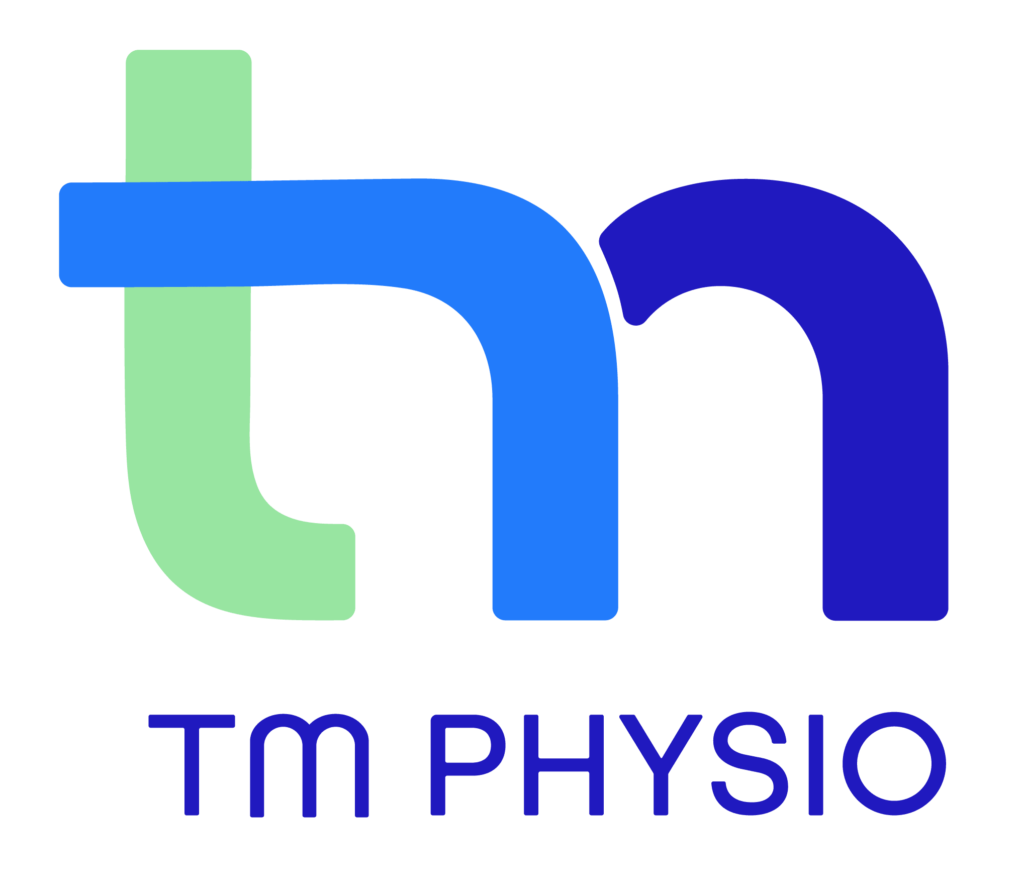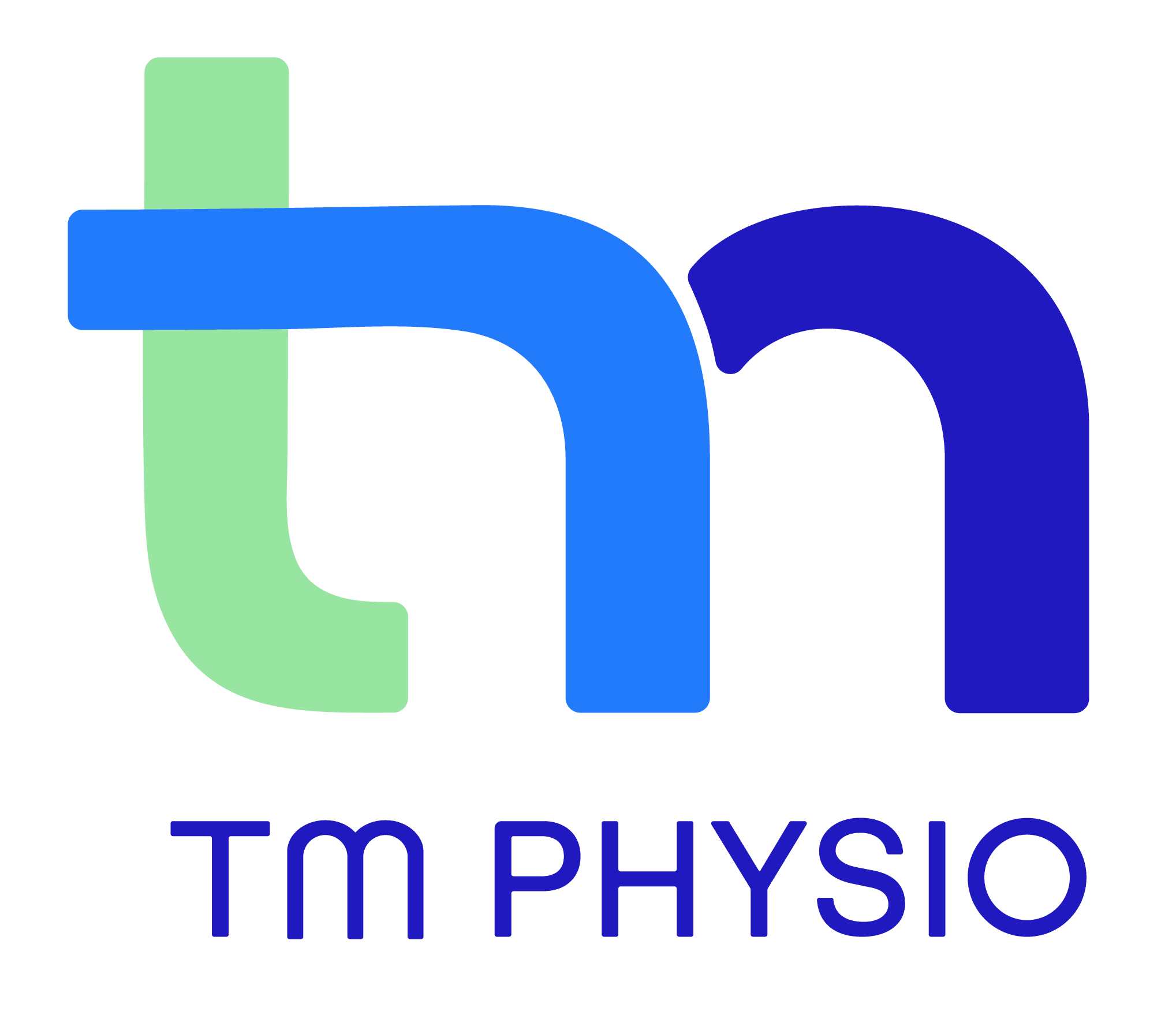Ever had a moment where your arm or leg feels like it’s fallen asleep, complete with that pins-and-needles sensation? That could be a mild case of neuropraxia—a temporary nerve block that often resolves on its own. But when these odd tingles or weakness linger, it’s time to take action. Call us at TM Physio on 6282 5898 so we can get to the root of the issue and help you bounce back!
What is neuropraxia?
Neuropraxia is a temporary disruption in the function of a nerve caused by compression or trauma. Unlike more severe nerve injuries, neuropraxia doesn’t involve structural damage to the nerve itself, and recovery is usually total. It is the mildest form of nerve injury in the spectrum known as Seddon’s classification.
Symptoms of neuropraxia may include:
- Temporary numbness or tingling.
- Weakness in the affected area.
- A feeling of heaviness or difficulty moving the limb.
These symptoms can last anywhere from a few hours to several weeks, depending on the severity of the injury.
What causes neuropraxia?
Neuropraxia occurs when a nerve is compressed or stretched, leading to a temporary block in nerve signal transmission. Common causes include:
- Injuries during sports: Sudden impacts, such as in contact sports, can compress nerves.
- Prolonged pressure: Sitting or lying in an awkward position for too long may compress nerves, leading to temporary symptoms.
- Surgical procedures: Pressure on a nerve during surgery can occasionally result in neuropraxia.
- Trauma or accidents: Direct blows to a limb or joint may temporarily disrupt nerve function.
Treatment and recovery
The good news is that neuropraxia often resolves on its own as the nerve resumes normal function. However, if it’s taking a bit longer than normal, recovery may be supported with:
- Rest and activity modification: Avoiding further compression or strain on the affected nerve.
- Physiotherapy: Exercises to restore strength and mobility while reducing the risk of recurrence.
- Pain management: Heat or ice therapy and over-the-counter medications may alleviate discomfort (always consult your doctor before taking any medication).
- Postural advice: Physiotherapists can guide you on maintaining positions that reduce pressure on nerves.
Most cases of neuropraxia resolve within weeks, although severe compression may take longer. Physiotherapy can play a crucial role in speeding up recovery and preventing complications.
Prognosis
With proper care and management, the outlook for neuropraxia is excellent. Unlike more severe nerve injuries, the nerve structure remains intact, making full recovery the most likely outcome.
If you’ve experienced nerve symptoms or want advice on preventing neuropraxia, our physiotherapists at [insert clinic name here] can help. Call us on [insert clinic number here] to book an appointment today.
PS: If you haven’t already why not follow us on social media for more fascinating health info. We’re on Facebook and Instagram.
Information provided here (including text, graphics, images, outbound links, and other material) is for informational purposes only. It is general in nature and is not to be used or considered as a substitute for personalised professional medical advice, diagnosis, or treatment. Always seek the advice of your qualified allied health provider regarding any symptoms, medical conditions, or treatments and before undertaking any new health care regimen.


